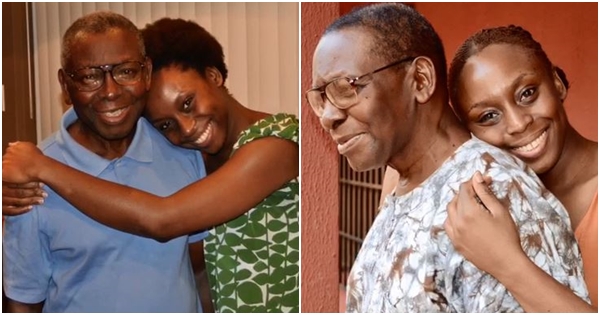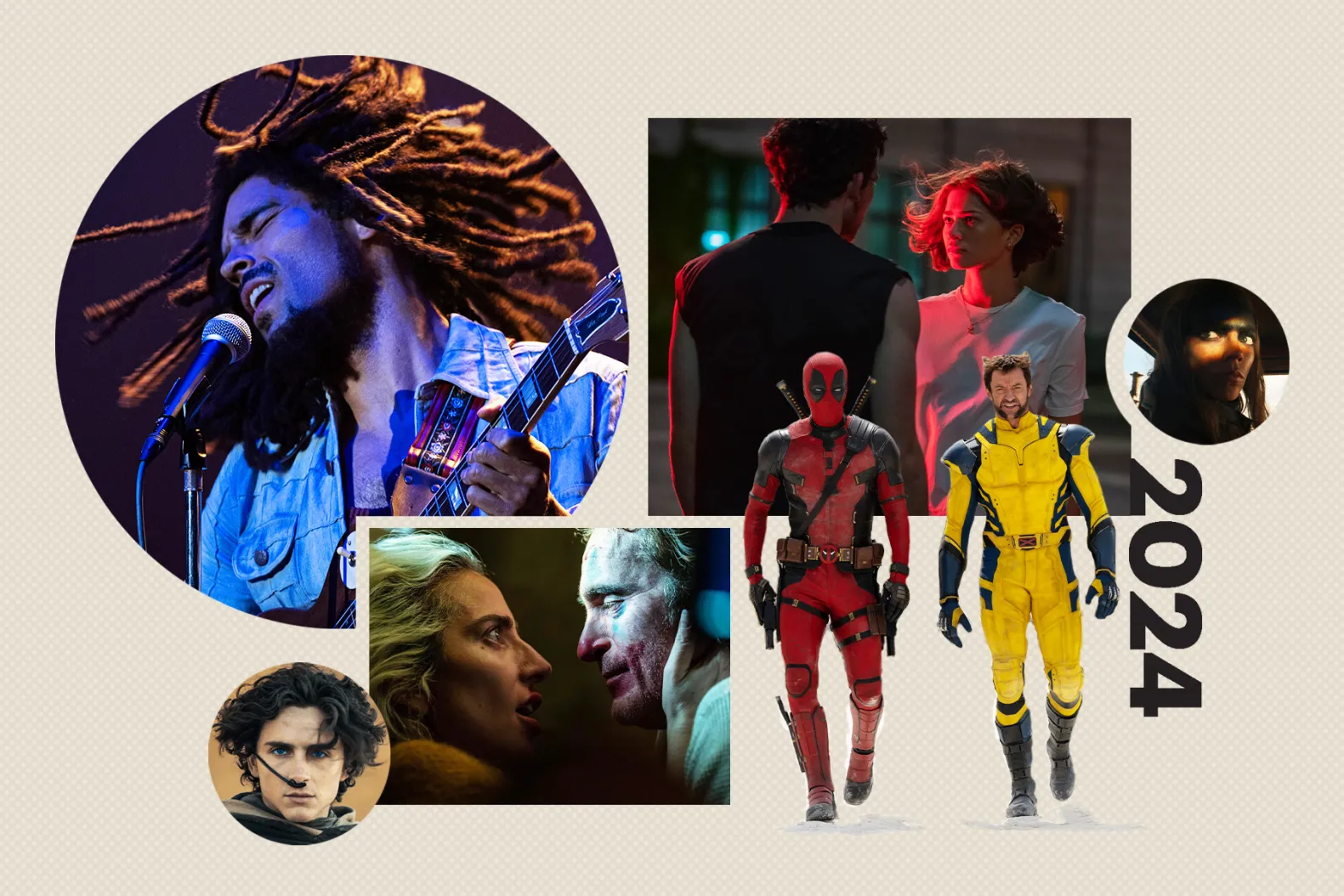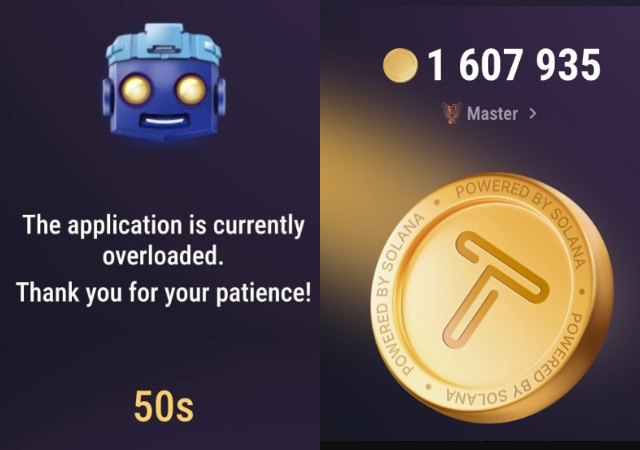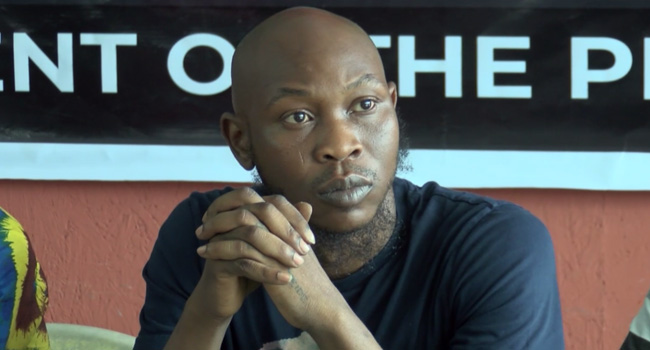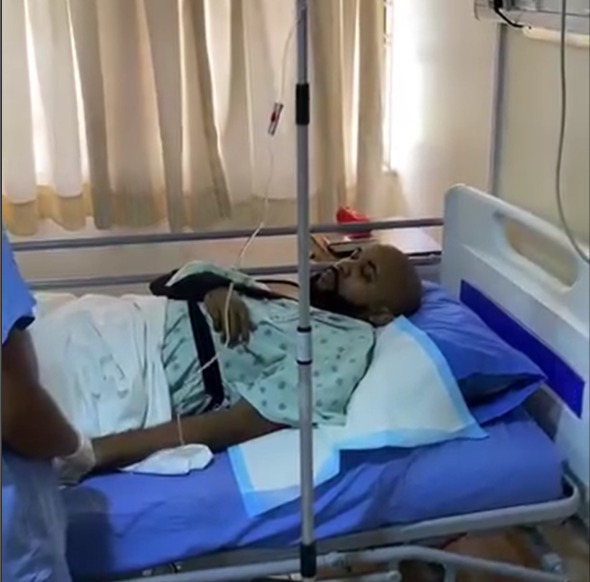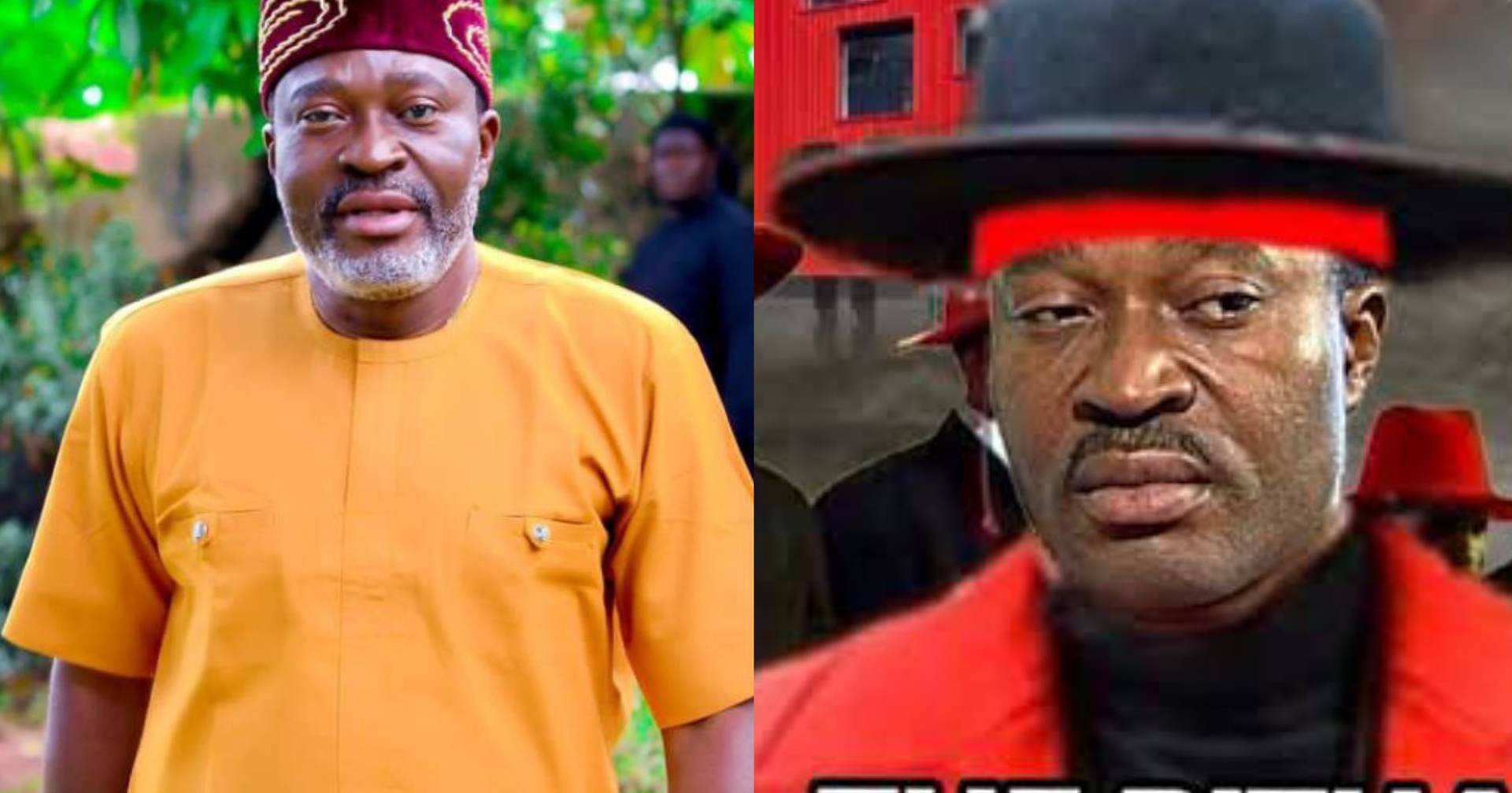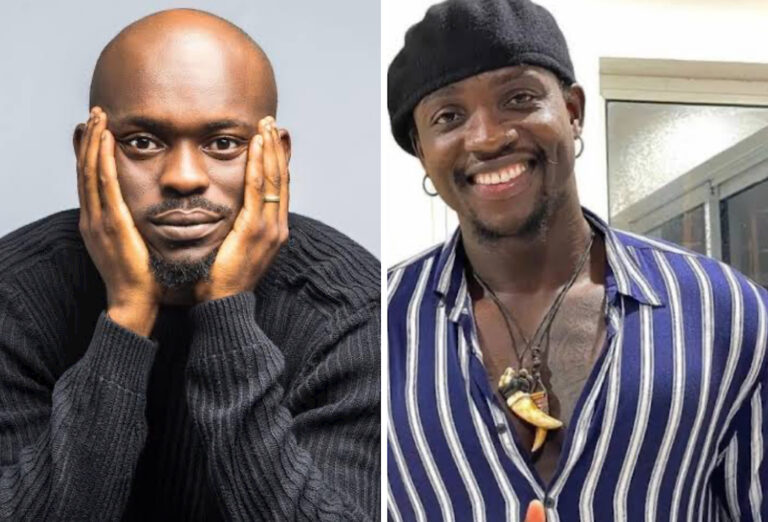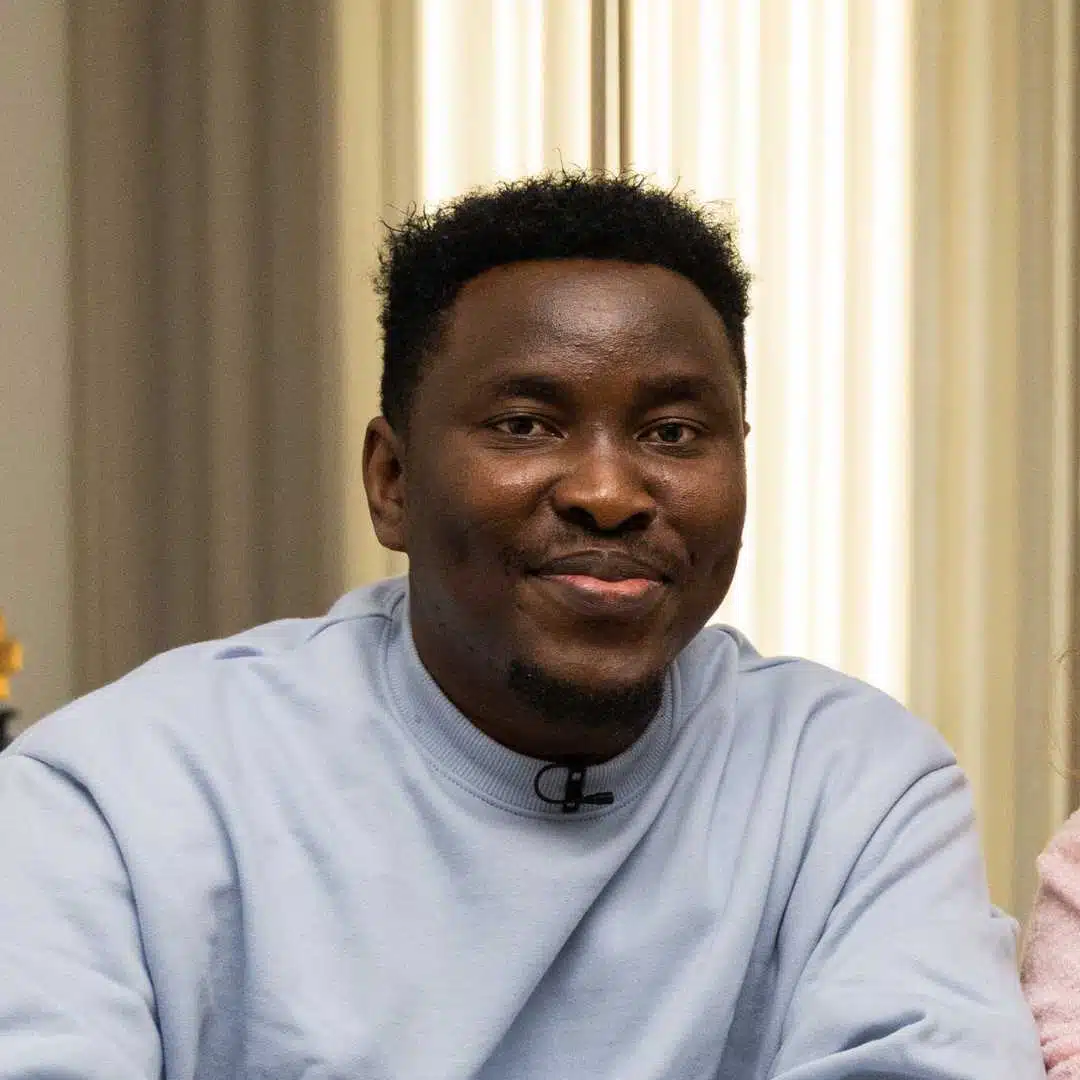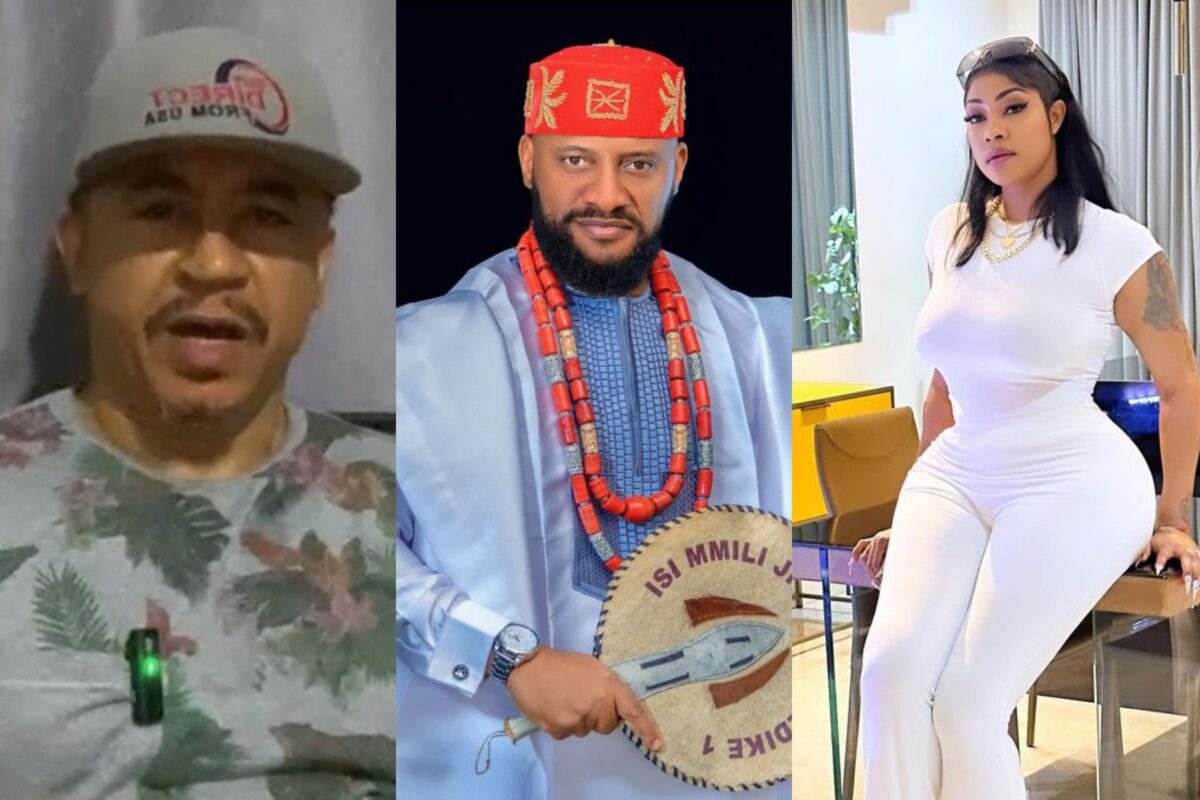The past few months haven’t been smooth sailing for Chimamanda Ngozi Adichie has she worries about her husband who is a doctor on the frontline, lost her Aunt, her father, and also suffered a terrible concussion.
“Grief is a cruel kind of education. You learn how ungentle mourning can be, how full of anger. You learn how glib condolences can feel. You learn how much grief is about language, the failure of language and the grasping for language,” she says.
Her father, James Nwoye Adichie, who passed away on Wednesday, June 10, 2020, and she admits things haven’t quite been the same since then. In an article for The New Yorker, Chimamanda shares her experience with grief following the sad passing of her father, coming to terms with the new reality, her pain, how she cried for days till her side muscles ached, how she screamed and pounded things, and how much she misses him.
Our Zoom call is beyond surreal, all of us weeping and weeping and weeping, in different parts of the world, looking in disbelief at the father we adore now lying still on a hospital bed. It happened a few minutes before midnight, Nigerian time, with Okey by his side and Chuks on speakerphone.
I stare and stare at my father. My breathing is difficult. Is this what shock means, that the air turns to glue? My sister Uche says that she has just told a family friend by text, and I almost scream, “No! Don’t tell anyone, because if we tell people, then it becomes true.”
She wishes she could turn back the hands of time, and “prevent what happened on June 10th, to make it un-happen”.
My wariness of superlatives is forever stripped away: June 10, 2020, was the worst day of my life. The week before June 10th, while running around playing with my daughter, I fell and hit my head and suffered a concussion. For days, I felt unmoored, sensitive to sound and light. I did not call my parents daily as usual. When I finally called, my father wanted to talk not about his feeling unwell but about my head.
Concussions can be slow to heal, he told me. “You just said ‘concoction’; the word is ‘concussion,’ ” my mother said from the background. I wish I had not missed those few days of calling them, because I would have sensed that he wasn’t only mildly unwell, and I would have insisted that he go to the hospital much sooner. I wish, I wish. The guilt gnaws at my soul. I think of all the things that could have happened and all the ways that the world could be reshaped, to prevent what happened on June 10th, to make it un-happen.
The writer also shared her frustration with the Nigerian authorities going back and forth on their decision on when the Nigerian airports will open.
If only I could be there, too, but I am stuck in America, my frustration like a blister, scouring for news on when the Nigerian airports will open. Even the Nigerian authorities don’t seem to know. A report says July, then August, then we hear it might be in October, but the aviation minister tweets to say “may be earlier than October.” Maybe, maybe not, like playing yo-yo with a cat.
…We have settled on a date, September 4th, and the bishop has kindly agreed to say Mass. It will be a covid-compliant ceremony, face masks will be required, and guests will be served in the homes of various neighbors, to maintain social-distancing rules. I am to draft the invitation. Writing “burial” is impossible for me. My best friend, Uju, types it because, at first, I cannot. But a day before we print, there are rumors that the Nigerian airports will no longer open in August. The news is haphazard—even basic information is uncoördinated—and it is all the more confounding because in neighboring countries the airports are open.
Nigeria, as usual, making everything more difficult than it should be. The incompetence is iridescent, splaying, touching, tainting with its many-pronged evil shine. Disillusionment with the land of my birth has been my life’s constant, but an animosity this astringent is new. I felt something like it only once before, when my father was kidnapped, in 2015, by a group of men in collusion with his driver, who told him to ask his famous daughter to pay the ransom. Of the men who threw him into the boot of a car and left him for three days in a forest, only his driver has been caught.
…And so September 4th is impossible. The Nigerian government announces that the airports will now open in late August, and my mother returns to the church to get a new date. It is now October 9th. The next day, a Nigerian newspaper reports that the government has said that the opening is tentative—maybe, maybe not. My mother is desperate for a firm date. “After the burial, we can begin to heal,” she says. I am heartsick to see her look so brave and so drained.
Read more about how she has been holding up in The New Yorker.

